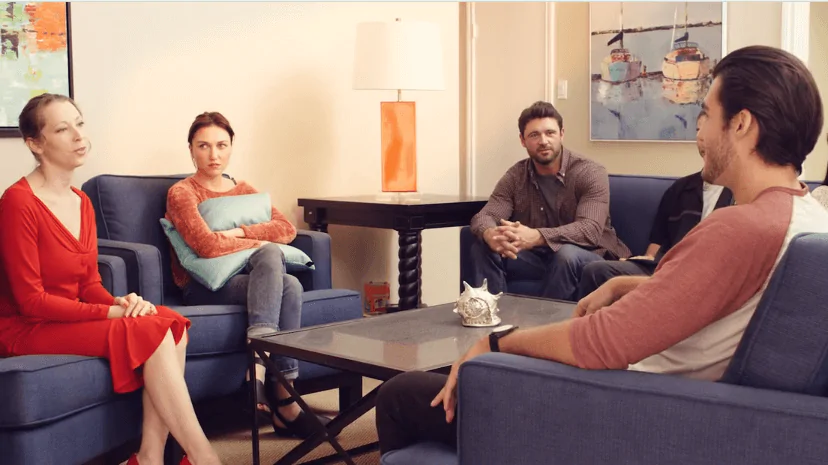24/7 Helpline:
(866) 899-221924/7 Helpline:
(866) 899-2219
Learn more about Klonopin Rehab centers in Sierra County
Klonopin Rehab in Other Counties

Other Insurance Options

Anthem

Absolute Total Care

Highmark

Choice Care Network

Health Partners

UnitedHealth Group

AllWell

Magellan

Magellan Health

Cigna

UMR

PHCS Network

Evernorth

United Health Care

Private insurance

WellPoint

Multiplan

Horizon Healthcare Service

Regence

CareFirst



















Sierra County Mental Health
Sierra County Mental Health is a public rehab located in Loyalton, California. Sierra County Mental ...








































































